Elementary Program
Elementary age students are naturally curious and have a strong internal drive to discover how our world works. They may ask, “How does a fish breathe under water?” “What number comes after a trillion?” “What causes a volcano to erupt?” Instead of simply giving them the correct answers, Montessori elementary teachers ask the right questions; they tell stories to inspire the children’s imagination and tantalize them to explore on their own to find out more: about volcanoes and dinosaurs and Monet and gladiators and poppies and skateboards and butter hurning and cheetahs and – there is no limit! Driven by their passions, the children are open to the input from the teacher that refines their reading, writing, reasoning, and research skills. Designing our elementary program around the children’s natural cognitive abilities means that our focus is less on the facts and concepts we teach and more on what the children learn and how they learn it.
Traditional vs. Montessori Education
The goal of a traditional curriculum is to delineate what a child is supposed to learn. In Montessori, we want your child to be able to learn everything! The starting point for all courses of study is the “Great Lessons”; these impressionistic and scientific stories are presented every year and give the students the “big picture” of cosmology, astronomy, earth science, geography, chemistry, physics, biology, history, anthropology, cultural and social studies, language, math, music, and art. Subsequent lessons offer the children keys for exploring these areas of human knowledge in more detail.
As in the primary (3yrs-5yrs), the lessons are starting points for your child’s own activity. Meaningful learning happens when children are inspired by a lesson and begin to explore the subject and work on their own.
“Movement, or physical activity, is thus an essential factor in intellectual growth, which depends upon the impressions received from outside,” Montessori wrote in Discovery of the Child. “Through movement we come in contact with external reality, and it is through these contacts that we eventually acquire even abstract ideas.”“Movement, or physical activity, is thus an essential factor in intellectual growth, which depends upon the impressions received from outside,” she wrote in Discovery of the Child.
“Through movement we come in contact with external reality, and it is through these contacts that we eventually acquire even abstract ideas.” MSMB’s elementary student’s will have weekly extracurricular activities that promote habits for good physical health.
Physical Education:
P.E.will focus on the development of gross motor skills, coordination, self-confidence, cooperation, team building, and good sportsmanship will be emphasized.
Students will learn basic skills and games in a supportive atmosphere that encourages each student to do their best. Our goal is that each student develops a life-long appreciation of the importance of physical exercise and activity.
Swim:
Our experienced and certified swim instructors and lifeguards mission is to give students the opportunity to learn how to swim at their own level while offering them opportunities to teach their peers (just like in the classroom) all while giving them time to hang out with their friends. They have never been pressured into doing something they are not ready or comfortable doing.
Yoga:
Yoga, like Montessori education, is a process of discovery. A mindful, non-competitive exercise, emphasising movement and breathing and the connection of body and mind, it helps students of any age to understand our own nature and live harmoniously with others. In an age where technology means that children often spend long hours glued to a screen, this is more relevant than ever.
In our traditional primary Montessori classrooms, art is used to help a child increase dexterity, concentration, fine motor skills, hand and finger strength, and coordination. The artwork here is more about the process than the resulting piece of art, and a child may feel no connection to the final piece of art. Once a child grows into the Elementary environment, the role of artwork tends to shift. Though it is still an essential piece of self-expression, and still serves to direct coordination and concentration, the Elementary student begins to care more about the product, creating art for the satisfaction of a final masterpiece.
Music:
MSMB believes music is also an extension of the mind, body, and spirit, as well as an integral part of education as a whole. Through singing and vocalization, children learn to use their ‘inner instrument’, or their voice, to make beautiful sounds. Through musical activities, the elementary students will learn to listen both creatively and critically, making distinctions between tones, pitches, and keys that later move from abstract to concrete meaning.
Art Lesson:
More info on our monthly art program soon!
Montessori math is more in-depth, and children can progress through the math curriculum as quickly as their interest and ability allows. Students are never held back, waiting for the whole class to catch up! They start learning concepts such as place value, multiplication, and fractions as early as Primary—and spiral back to these concepts with increasing abstraction and sophistication throughout the elementary years. Thus, they don’t just study math for tests, only to soon forget, but internalize ideas so well, they retain them for life, and apply them to new settings.
Montessori Elementary Mathematics:
A systematic progression from materials to pictorial representations to abstractions and formulae. Over the six years of elementary, our program enables children to achieve facts and procedure mastery, as well as a deep, conceptual understanding of math concepts, which enables them to be ready for advanced math in junior high and high school.
Most importantly, many of our students discover the joy of thinking mathematically—and are eager to tackle challenging problems, rather than view math as something that is “not for me.”
- Basic numeracy
- The four operations of arithmetic into the millions
- Fractions and Decimals
- A pictorial link from concrete to abstract math
- Geometry
- Measurements
- Math facts practice for computational fluency
Elementary students will first learn, “How Writing Began”, which then discusses penmanship, reading, word study, the mechanics of writing, grammar, sentence analysis, spelling and vocabulary building, literary elements, creative writing and research skills. In contrast to some Common Core programs, which focus on book excerpts and informational texts, our students read full-length books. Well-written stories with strong, relatable characters draw students in, and help cultivate a habit of extended, deep reading, a skill that is all but lost in today’s hectic, multitasking environment. We choose books that present a benevolent world-view, not necessarily because they are always happy books but because they offer lessons to learn and opportunities for redemption and growth.
Reading great literature gives children the opportunity to enter exciting worlds, to meet heroic characters, and to consider what’s possible in life. While studying the classics of yesterday and today, students not only improve their thinking and communication skills, but also learn important moral lessons—lessons they use to guide their own choices. Our approach to the study of literature is motivated by two core goals—understanding and empathy. We want students to understand what a story means, what the author is saying, and why. We want students to learn to empathize with characters, to understand their circumstances and motivations.
Science is about the world, not mere words to be memorized. We enable children to understand and appreciate the natural world, and the crucial role of science and technology in enabling humans to flourish. In contrast to other programs, which often rely on textbooks to transmit disconnected scientific terms and formulae, in our Montessori Elementary program, science starts with children observing the natural world, then classifying, describing, and sketching their observations. Often, student’s studies retrace the historical logic of scientific discovery. In the process, students come to appreciate the wondrous world we live in. They gain a profound understanding of, and respect for, the life-sustaining role of scientific discoveries and technology in their lives.
Elementary children acquire a vast base of knowledge about the world, from its geographic features to the way different cultures throughout the ages and throughout the world have satisfied the basic needs (such as food, shelter, clothing, and transportation). They learn to observe, categorize, and integrate their knowledge, guided by the Montessori Five Great Lessons. These lessons, revisited at the start of each school year, progress from the origins of the universe and life, chronologically to the development of writing and the explosion of knowledge it made possible.
By Upper Elementary, children study history in its logical sequence, progressing from prehistory through ancient history toward the present. This sequence is taught as an exciting story, with a focus on the broad arc of history and essential events, told to groups of children. Children then have the opportunity to independently dive deeper into a culture, an event, or a historical figure as part of their follow-on work. This approach ensures that all children understand how human society developed over time, and the key events that shaped human history, while also engaging their motivation by providing autonomy on researching and presenting specific details.
- First Great Lesson – the Universe and the Earth
- Second Great Lesson – Life
- Third Great Lesson – Human Beings
- Fourth Great Lesson – Communication in Signs
- Fifth Great Lesson – The Story of Numbers

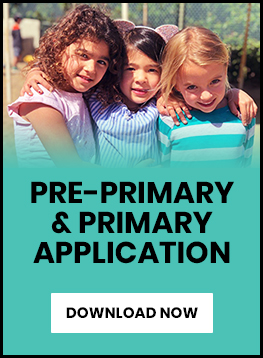
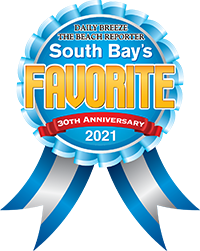
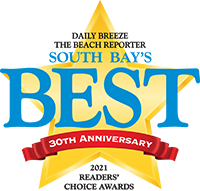
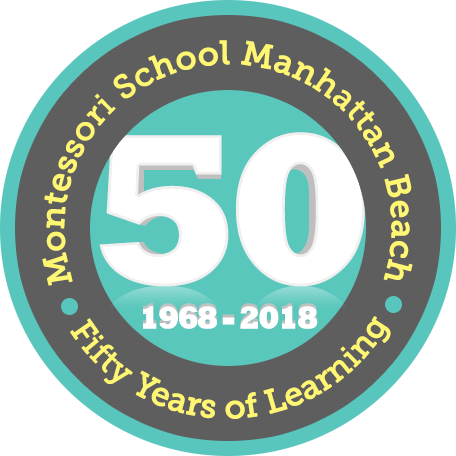
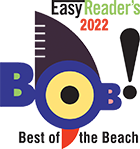
 Phone:
Phone: